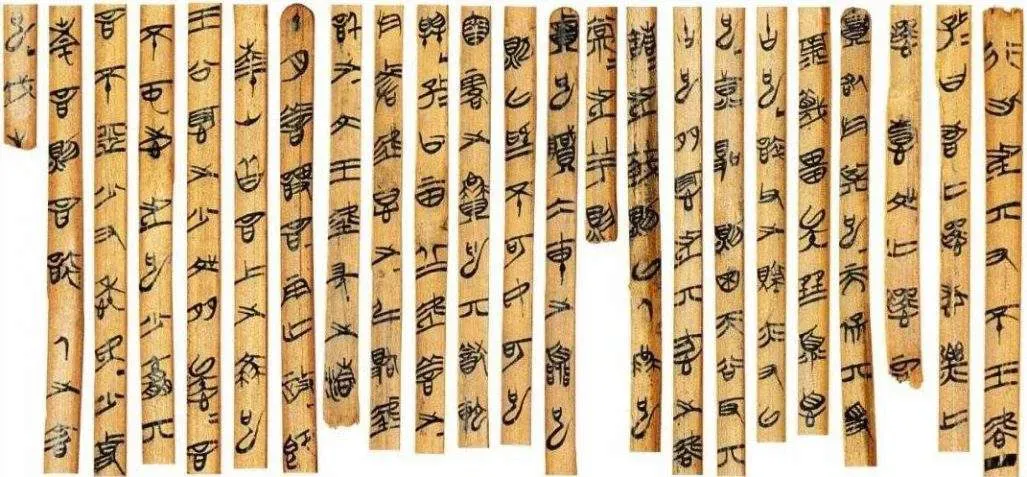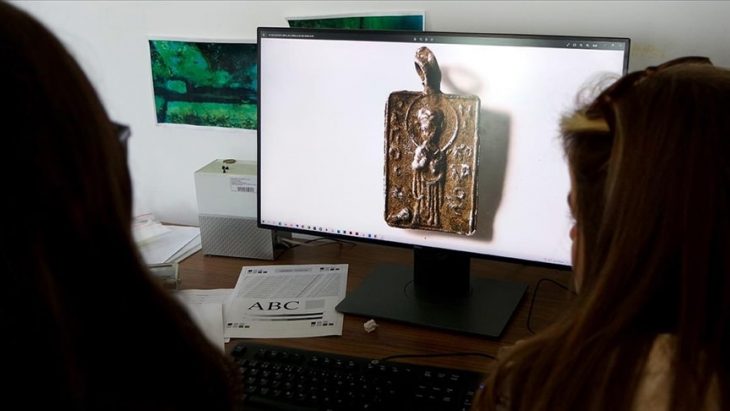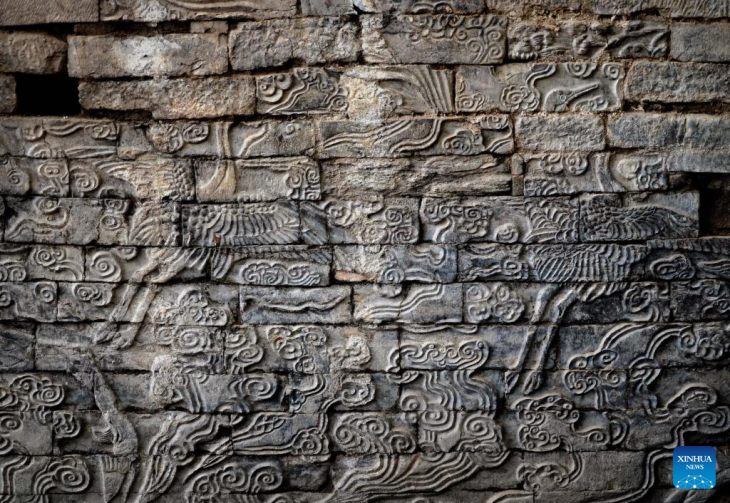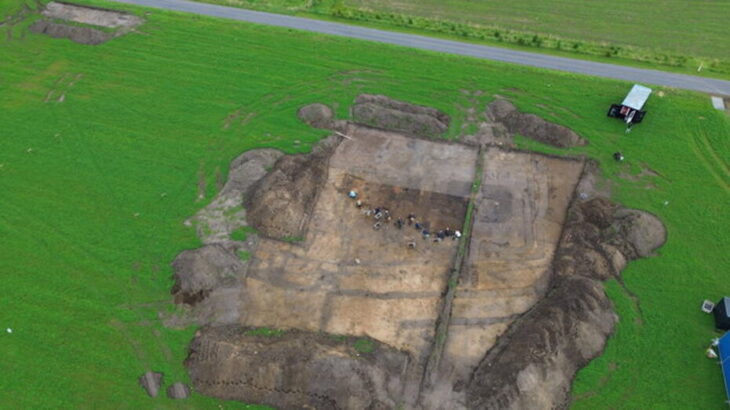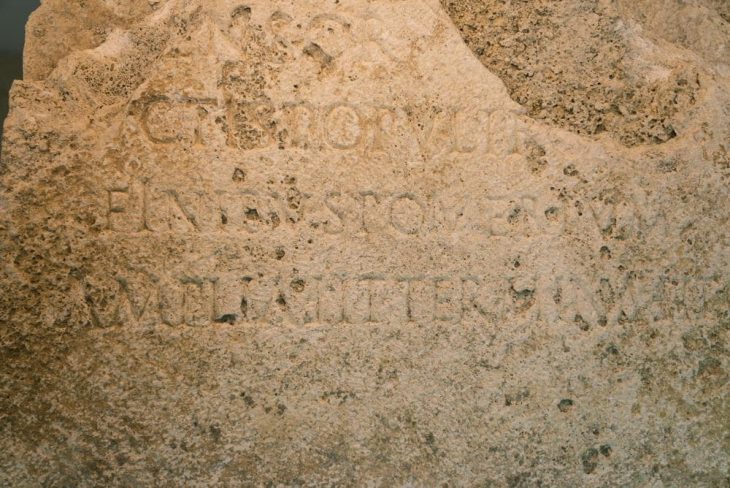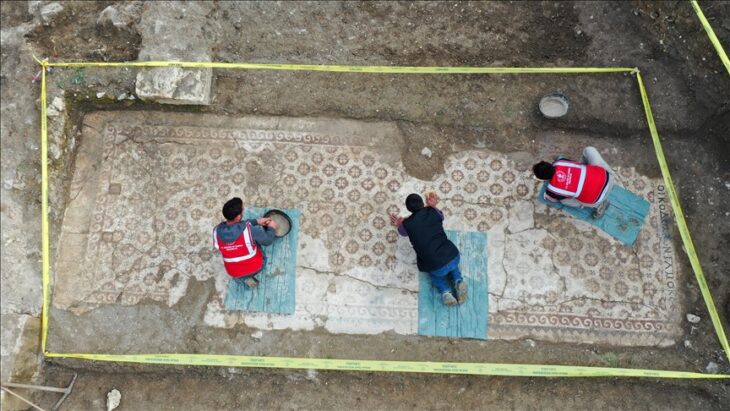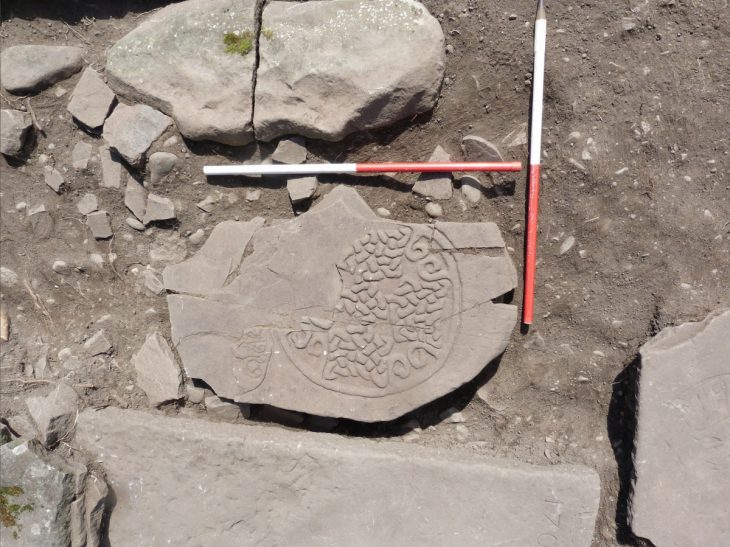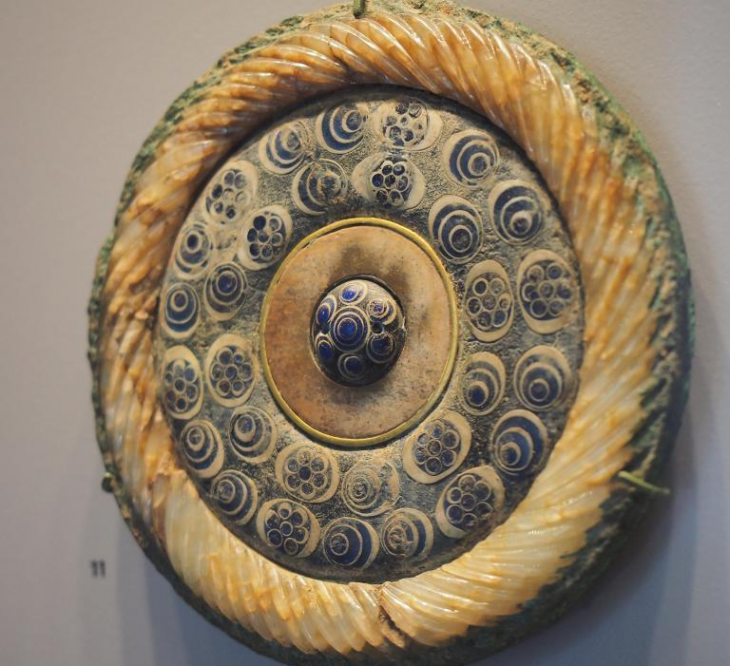Scholars of China’s Tsinghua University have deciphered five documents recorded on bamboo slips dating back to the Warring States period more than 2,000 years ago.
At a press conference last Sunday, experts explained that those five sets, dating back to the Warring States Period (475BC-221BC) and the Qin Dynasty (221BC-206BC), are “lost classics not found in extant literature.”
The five sets of bamboo slips, namely Rites of a High Official’s Meal, Record of Rites of a High Official’s Meal, Diagram of Five Tones, Music Style and Fear Heaven and Use Body, provide new materials for studying the rites, music, and thoughts of the pre-Qin period.
“There are two documents on rituals, which was the first discovery of the pre-Qin period (pre-221 B.C.) books on rituals recorded in the bamboo slips of Warring States Period (475-221 BC) so far unearthed,” said Huang Dekuan, director of the Center for the Study and Conservation of Excavated Documents at Tsinghua University.
The most eye-catching are the first two ritual books, compiled into one volume, made up of Dafu shili and Dafu shili ji (51 and 14 slips), respectively. Complementary to one another, the texts: while the former documents the ritual proprieties ought to be practiced by the hosts and receptionists during the “rite of dining,” the latter records the details of the ritual procedure enforced by the managers of affairs involved in the same rite.
📣 Our WhatsApp channel is now LIVE! Stay up-to-date with the latest news and updates, just click here to follow us on WhatsApp and never miss a thing!!

Specifically, the documented ritual procedure shows great resemblance with that in the “Gong shi dafu li” “Rite of the Lord Having a Banquet with the Great Officers.” Unseen before among the Warring States bamboo manuscripts, the two texts not only preserve the prototype of ritual texts from that period but also reveal some key features of the great officer’s rites of banquet in the ancient Chu state, making them valuable sources for studies on the Pre-Qin ritual system and the ancient classic, Yi li.
The newly deciphered documents also include two music books providing important materials for the study of China’s early music theory system as well as the pre-Qin music history.
The five traditional Chinese musical notes gong, shang, jue, zhi, and yu are written in the five corners of a pentagram that is the center of the Diagram of Five Tones. The note gong is located at the top of the pentagram, with the remaining four notes located in the other four corners, arranged clockwise. There are two sections to music style; the first lists the names of the musical tones, while the second part’s content is still up for interpretation.

Fear Heaven and Use Body is a seventeen-slip philosophical document. This book documents the relationship between Heaven and Man and the effort of human subjectivity with complete content and no missing slips.
The Tsinghua University houses nearly 2,500 precious bamboo slips from the Warring States period. The university’s research team has collated and studied the ancient documents since 2008. They have released their research results every year since 2011, with 13 volumes of the annual report published, covering compiled documents on classics and history, politics, astronomy, mathematics, and others.
This year’s collection covers the documents on the ceremonial dining system of the nobles as well as music and ideological literature.

